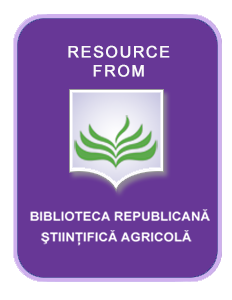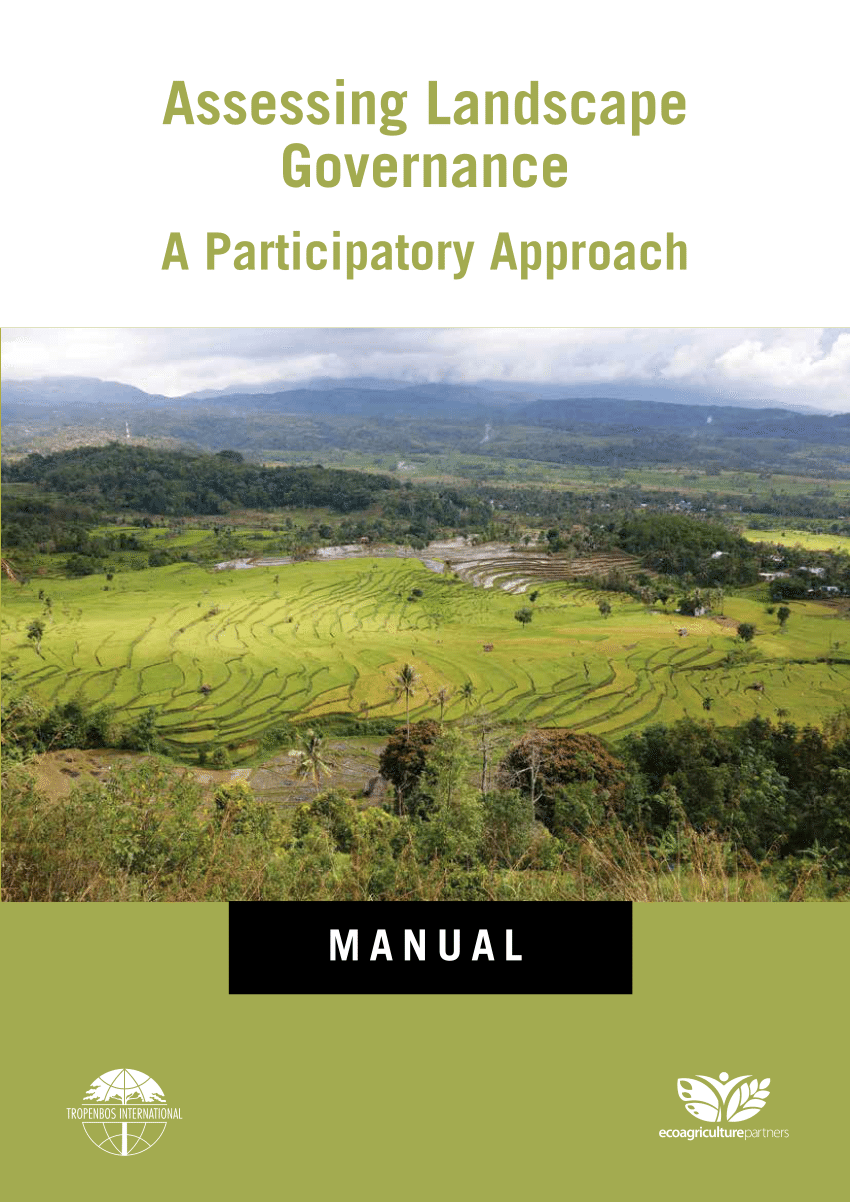[Plans for territorial planning - a source of information on degraded land and soil]
The most important international a world-level document defining the policy of protecting land and soil is the UN Convention «On combating desertification/land degradation in countries experiencing drought and/or desertification». Latvia acceded to this Convention in 2002, undertaking to implement it requirements. With the introduction of the Convention, it is necessary to develop a national action program for restriction of land degradation, as well as develop new legislation and a long-term policy.






